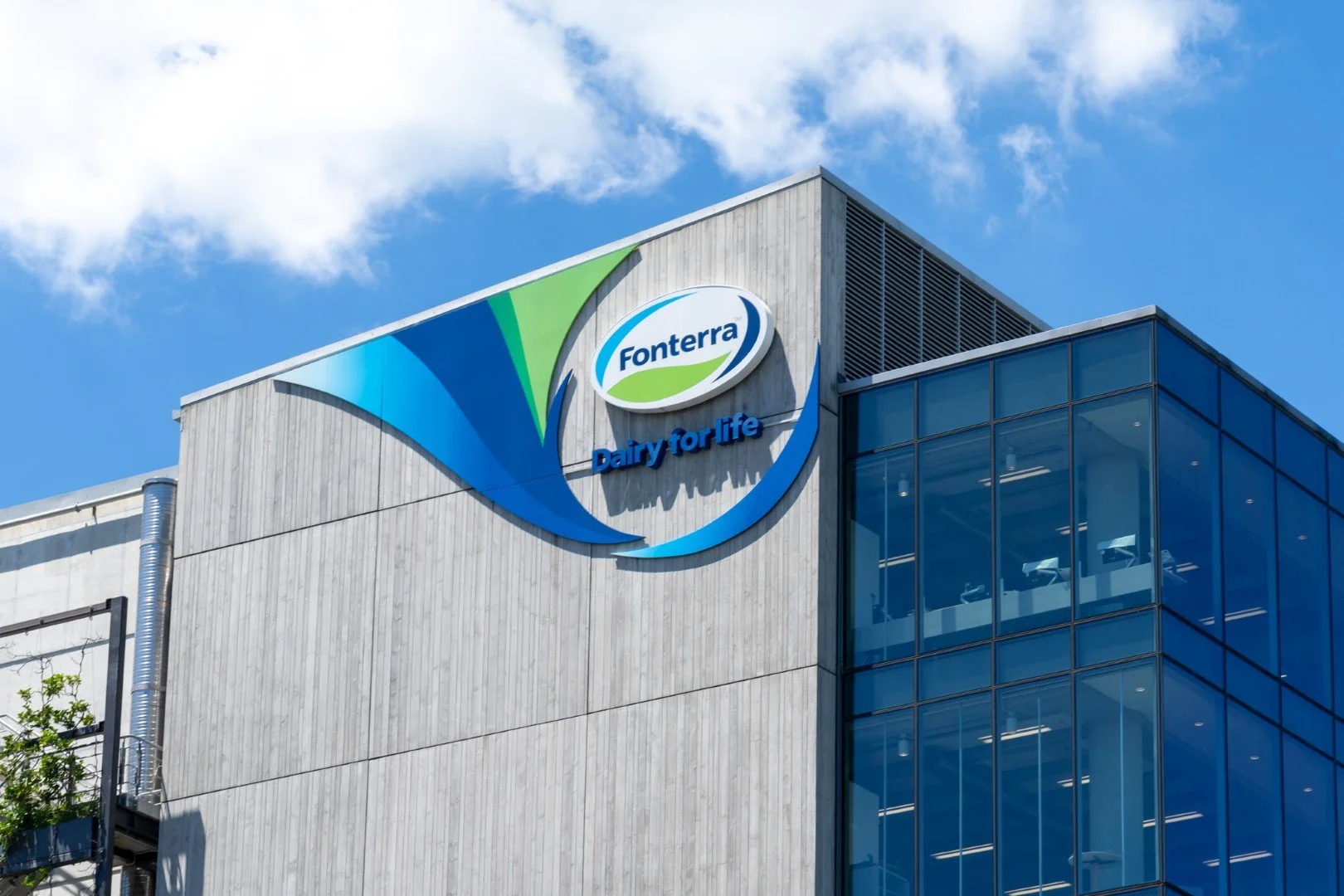Lurking just under the surface of the investment ocean is a risk waiting to devour retirees desperate for yield. It’s understandable: after all, a retirement portfolio is supposed to generate cash. But considering the current economic situation generating income is tough.
With New Zealand Government 10-year Bonds offering 1.016% yield, and the big four banks offering 12-month term deposit rates between 0.75 – 0.8% you can see why. On the other hand, income can be generated by dividends from holding shares.
Many DIY retirees concentrate their whole strategy around holding blue-chip shares and living off the dividends. Unfortunately, with COVID-19 decimating the earning of many of these companies, dividends are also reducing as companies hold onto the capital.
A stark example of this was highlighted with cancelled dividend payments in June 2020 from New Zealand companies Auckland Airport, Tourism Holdings and Fletcher Buildings. Closer to home, Napier Port's board decided against paying an interim dividend in May 2020 citing 'short-term impacts and long-term risk associated with Covid-19'.
Globally, large firms have historically had the highest propensity to offer dividend payouts, but even successful, established firms were not immune to the economic consequences of a global pandemic.
Harley Davidson (HOG) has been paying out dividends to shareholders since the 1990s. In April 2020, the motorcycle manufacturer slashed its dividend from $0.38 USD per share to just $0.02 USD, a 95% decrease. Australia and New Zealand Banking Group (ANZ) has paid a dividend of at least $0.80 AUD for over five years but decreased their 2020 third-quarter payout by 69% to $0.25 AUD.
Harley Davidson and ANZ were not the only firms to change their dividend policies. 38% per cent of firms in global markets (2,584 companies) that were expected, consistent with their payout history, to pay dividends instead decreased, omitted, or eliminated their dividend payment in the second quarter, more than doubling the 1,248 firms that made similar changes to their dividend policy in the first quarter of the year. The trend continued into the third quarter: 2,699 firms made such changes.
While these dividend cuts may come as a surprise to some investors, history buffs may recall that, in 2009, Harley Davidson announced it was cutting dividend payouts from $0.33 USD per share to $0.10 USD, a 70% decrease.
In fact, during the Global Financial Crisis (GFC), significant changes to firms’ dividend policies spiked throughout global markets. In 2008, the global market was down more than 40%, and, the following year, many firms made changes to their dividend policies. The historical correlation between global market returns and dividends that are eliminated or decreased may suggest that firms are more likely to alter their dividend payouts during times of market instability.
So, what is a desperate retiree to do in such uncertain periods?
Generally, what we have witnessed over the years is the race to chase higher yield, is where the sharks start to circle. Economic theories prove that fact that to increase yield, you must take on more risk. The danger to people on this journey is they look at the promised returns without understanding the inherent risk they are taking. Unfortunately, the risk can be specific and catastrophic to a retiree's capital. Just think back to the GFC which was largely caused by investment instruments called 'Collateralised Debt Obligations' which held risky mortgage-based loans packaged up into products offering above-market return.
In New Zealand, over the past few years, we started to see advertisements offering returns up to and over 10% by peer-to-peer lending service providers, syndicated property and mortgage investments. The return rate is significantly higher than what is available in the bond market or provided by any regulated bank. But too often investors ignore the fact that such investments always come with many associated risks.
History is littered with stories of people leaving well thought out, broadly diversified, high quality, safe investments in the pursuit of higher returns, and in the process destroying wealth. My advice is don't be one of them.
The first three quarters of 2020 remind us that dividend payouts can be inconsistent, particularly in volatile markets and razor-thin term deposit rates. Hence, investment strategies that focus on income derived from dividends or term deposits may not serve investors who need a steady income stream and, moreover, might not be the most effective way to pursue long-term wealth growth.
A more reliable approach is to structure equity asset allocation around the characteristics that research demonstrates drive long-term higher expected returns, namely size, relative price, and profitability while maintaining broad diversification across names, sectors, and countries.
You don't have to go on this journey alone. You can work with an investment fiduciary who should be able to help you reassess your attitudes towards investing and the inevitable stock market volatility. Once a financial plan is in place, a financial adviser’s ongoing focus is to monitor the client’s capital against their plan, make adjustments where necessary and ensure clients don’t make wealth-destroying decisions.
So have a financial plan. If you know where you want to be, it can make getting there easier.
The dividend data is sourced from Dimensional Fund Advisors. The information provided, or any opinions expressed in this article, are of a general nature only and should not be construed or relied on as a recommendation to invest in a financial product or class of financial products. You should seek financial advice specific to your circumstances from a Financial Adviser before making any financial decisions. A disclosure statement can be obtained free of charge by calling 0800 878 961 or visit our website, www.stewartgroup.co.nz


